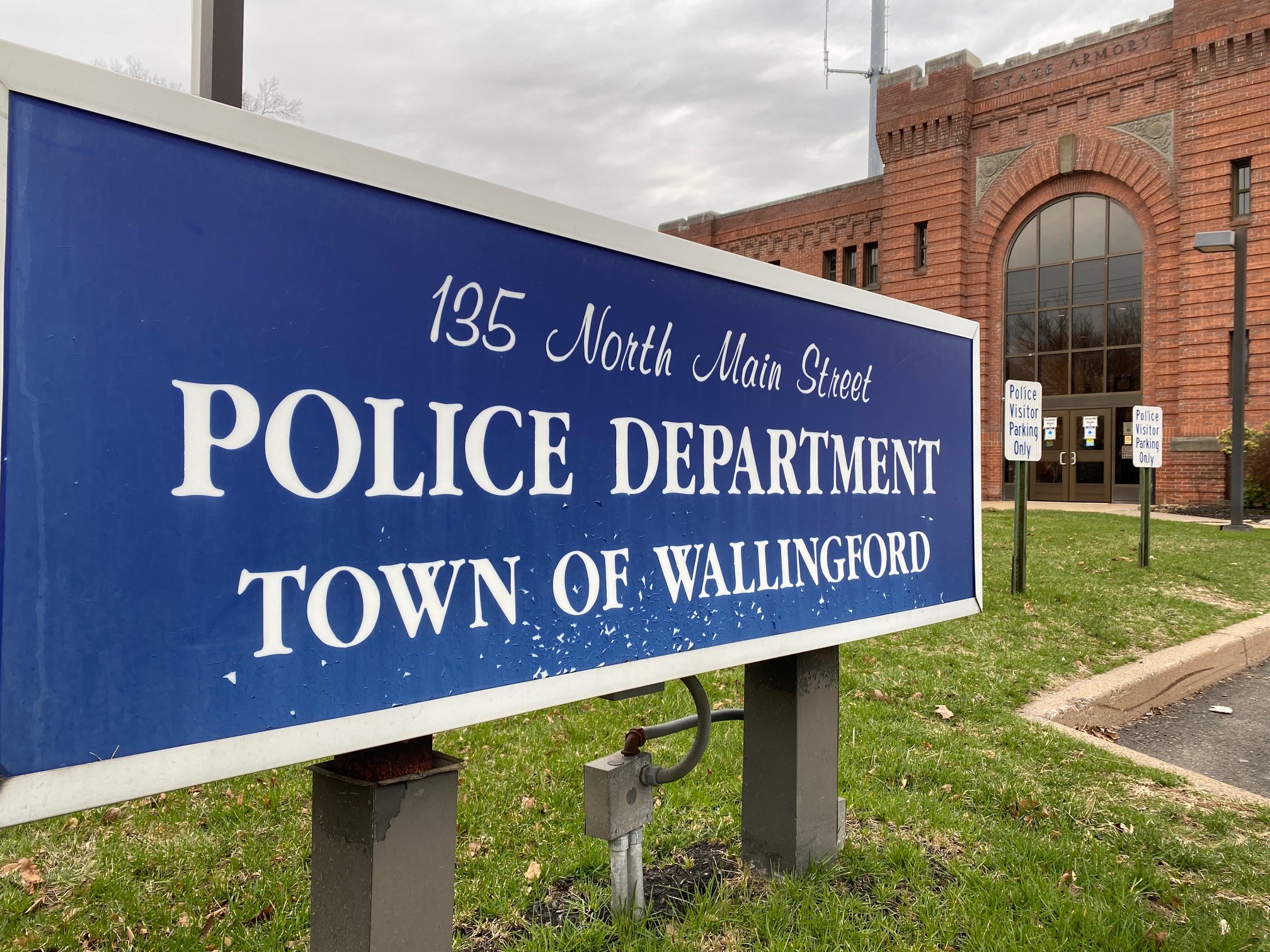More than 1,000 rape kits once sat on the shelves of police evidence rooms across the state.
"They stemmed all the way back to the late 80s early 90s,” said state forensic biologist Kristin Sasinouski.
Sasinouski serves as deputy director of the Connecticut Public Safety Forensics Laboratory.
"There was no tracking system and so we didn't even know that these kits existed,” she explained.
There was also no time frame required of police departments to turn over that evidence, which led many survivors to lose faith in the system.
"What it signaled was that their cases and their experiences were not being taken seriously,” said Beth Hamilton, executive director of the Connecticut Alliance to End Sexual Violence.
In 2015, Public Act 15-207 mandated turnaround times for kit testing. The Connecticut Public Safety Forensics Laboratory began work, with help from a grant, to get through the backlog of untested kits.
Local
It took more than three years and $5 million, but the backlog is gone and rape kits are now tracked in real-time.
An additional 1,000 more kits considered half-processed because they were tested for biologic evidence but not forwarded for DNA analysis, have also been completed said Sasinouski.
“I think any doubt that these police departments felt, they just didn’t want to put that burden on the laboratory for testing,” explained Sasinouski of the backlog.

"Really the missing piece to the puzzle was allowing victims or survivors access so they themselves could identify where their kit was in the testing process,” said Sasinouski.
The system used internally since 2017 to make sure those kits don't get lost as they move from the hospital, to the police department, and finally to the state lab is now allowing survivors to keep tabs on their case without contacting investigators.
“When we talk about sexual violence there are incredible concerns with privacy, there's a lot of shame and stigma still associated with survivors and victims,” Hamilton explained. “What this is going to do, which is wonderful for victims, is it’s going to give them access to information that they’ve never had previously.”
Using a UPS barcode, survivors can track where their kit is at in the process just like they would a package they order online.
“Has it been retrieved from the hospital? Is it in route to the laboratory? Where is the laboratory at in terms of testing,” explained Sasinouski.
Sasinouski said the tracking system is also helping meet state mandates. Police departments are now required to turn evidence in sexual assault cases over to the state lab within 10 days. She added that the lab typically processes them in 37 days, under the state mandate of 50 days.
The system, which costs $7,200 to run annually, is paid for by grants through 2022.
It's already paying off for law enforcement as they work to solve these crimes.
“We've been able to identify serial offenders. So, individuals who've committed more than one crime. We've also had success in terms of how many hits we've had of our state and national database,” said Sasinouski.



